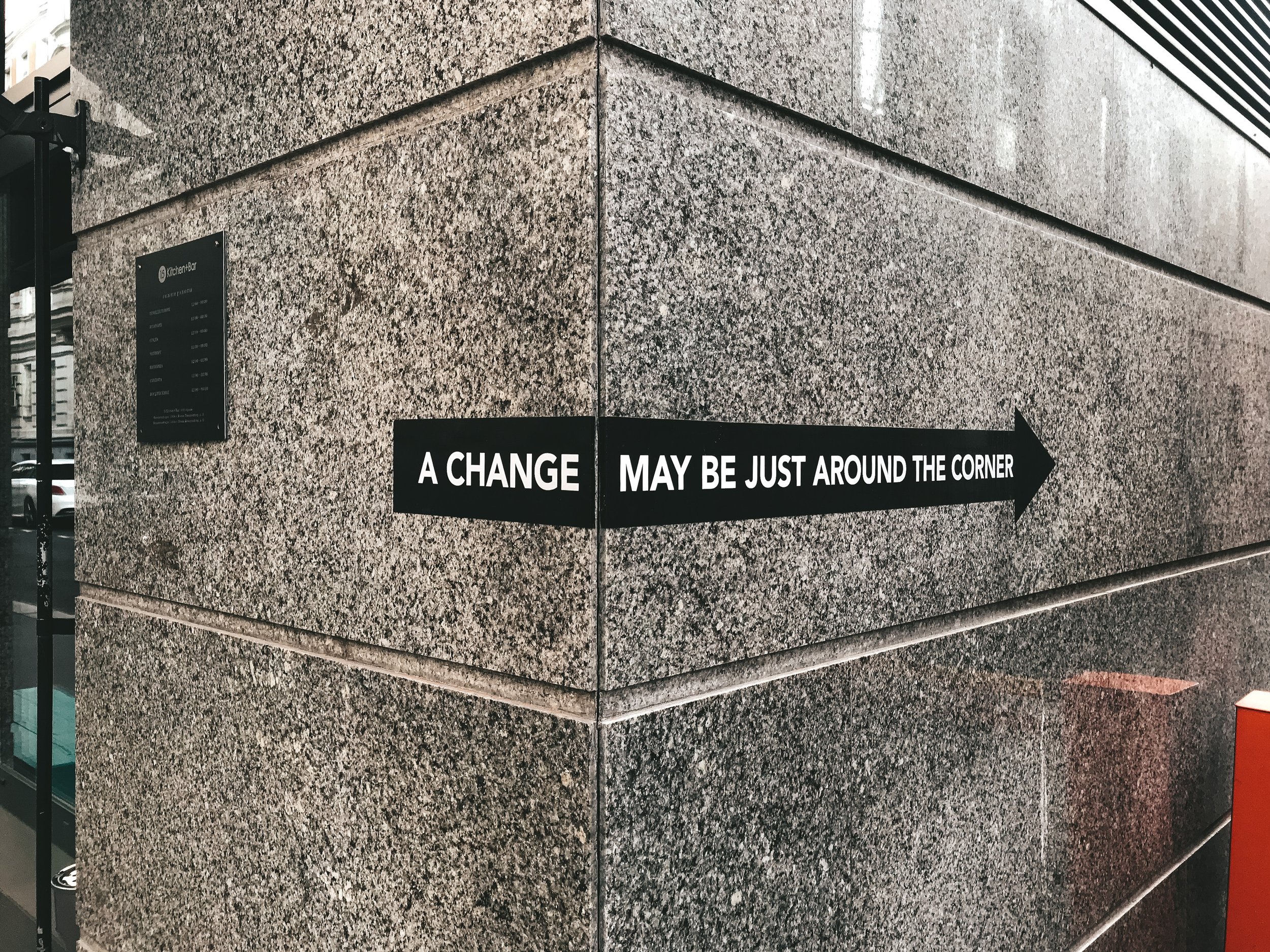Depression

You would not be alone if you are concerned about the possible negative effects on your mental health around the winter season. Many people label this season as one of the most stressful times of the year, while some stress is unavoidable, too much stress can challenge your ability to cope.

As we begin to prepare for the holidays, this is also the time we turn back our clocks to standard time. In order to remember which way the clocks move, we’ve named it “fall back” & “spring forward.” Falling back means changing the clocks back one full hour, resulting in earlier sunsets & later sunrises. This ultimately means more darkness throughout the rest of Fall & Winter. Darkness can feel increasingly isolating & is known to exacerbate already existing mental health problems such as depression & anxiety. Changing back the clocks also negatively impacts our circadian rhythm (body clock), disrupting our sleep/wake cycle & the production of melatonin. Darkness increases the production of melatonin, thus leaving us to feel more tired, sleepy & fatigued in the winter months. In essence, sunlight is directly linked to our circadian rhythm therefore it is no surprise that when the sun goes down, we begin to get sleepy, even if it’s only 5pm!

Video games have frequently been portrayed in the media as, at best, a “waste of time”, and at worst, harmful to those who play them. However, there has been an increasing amount of research that not only contradicts these claims, but identifies numerous benefits of playing video games. Another common misconception of video games is that it is for children, particularly male children; however, the people who play video games has continued to become an increasingly diverse group. The age of the average video game player is 35 and it is estimated that approximately 59% of those who play video games are male and 41% are female (Halbrook, O’Donell & Mstefi 2019).

One of the things that distress people struggling with mental health challenges like anxiety and depression is the inability to make a decision or sometimes feeling like they do not know what it is they want in a given situation. This can cause much distress and make undesirable situations even more difficult. There are many insight-building strategies that help people clarify what is important to them and what choices they want to make. In this blog, we will be going over one of those strategies in the form of a four-square pros and cons exercise. This is inspired by that from Dialectical Behavioral Therapy but includes a few differences. This exercise is designed to help you access your wisdom regarding a particular choice. Please keep in mind that when using this exercise, each time it is used it is used for the positive statement of a choice, and then the negative statement of the choice. For example, this tool would be done with statements such as “attending my friend’s birthday party” and “not attending my friend’s birthday party” instead of 2 different statements such as “Attending my friend’s birthday party” and “Going to the mall”. Now, let’s review more about how this exercise is used.

As therapists, an important part of what we provide to our clients is coaching and education on coping skills. This term is used a lot to describe a growing set of cognitive, behavioral, and/or emotional tools that allow for mood management and overall increasing quality of life by building new habits and responses to one’s environment. When people hear the term coping skills they may envision someone taking slow deep breaths or going for a walk outside. These are examples of fantastic skills to use and regularly help many people. However, some people, including some of those who seek therapeutic services, can perceive the idea of coping skills as a waste of time or “not real therapy”. These are sometimes folks who struggle with buying into their own influence over their daily lives or simply struggle profoundly with motivation. No matter what the reason, if one sees new and effective ways of coping with daily life stressors as valuable, then this can make treatment very difficult.

Negative, unhealthy, and intrusive thoughts are usually automatic, but they don’t have to take control of your daily life. With some tips, you can learn to tolerate that inner critic.

Depression is ubiquitous, and unfortunately, a loved one in our life may struggle. When someone we love is having a difficult time, all we want to do is help, but many ask how? You can let them know you have noticed the change and express empathy.

Taking on a challenging work project, school paper, workday, or studying can feel overwhelming, so much so that it sometimes causes you to push through without stopping until the task is complete. While in this process, taking the time to pause can bring feelings of guilt. Often, having this mindset can make the thought of taking a break as being “lazy” or “unproductive.” However, taking a break is the opposite of this, as there are many benefits that you will experience from doing so. Adapting the mindset of viewing breaks as a productive way to better help complete your tasks is essential.

Communication is vital in any relationship (romantic, workplace, family, friendships). Communication helps in sharing expectations, feelings, disappointments, and opinions. Being open in these relationships helps to strengthen the bond between them. This communication is essential when you feel disappointed or after your feelings are hurt; however, these situations are the most intimidating to approach due to fear of rejection or an argument. When approaching these difficult conversations, it is important to enter with a soft startup to lay the foundation for a productive, calm conversation.

Filling up your positivity gas tank is a term that can be used to help convey a similar idea as when one fills up their actual gas tank in their car. When you know you will need to drive your vehicle, and it needs to get you places reliably, and the gas tank is running low, you ensure that you stop and fill up the tank so that your car may perform as you need it to when you need it to. This metaphor is fitting for how our tolerance works in our daily life. Many people who suffer from common mental health challenges struggle with a thought distortion referred to as “filtering out the positive .”